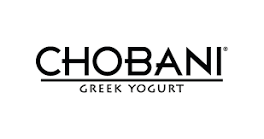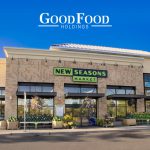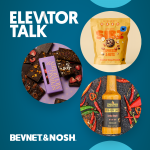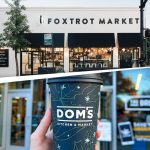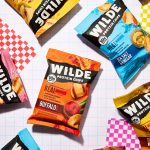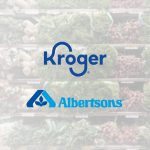The Checkout: Misha’s Kind Foods Raises $3M; Chobani Debuts Paper Yogurt Packaging
Welcome to The Checkout: an express lane for weekly news you need to know, always 10 items or less.
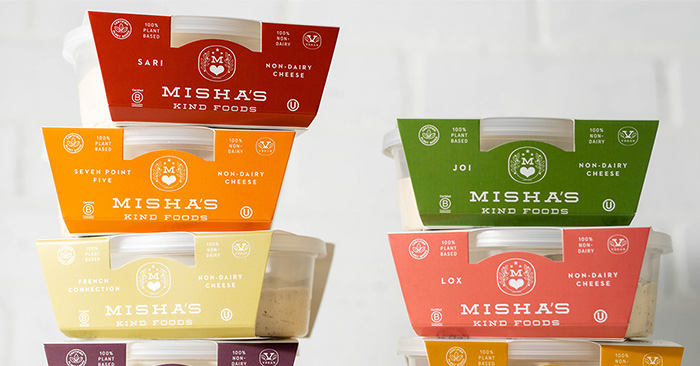
Misha’s Kind Foods Raises $3 Million
Plant-based cheese maker Misha’s Kind Foods this week announced it has closed a $3 million round of funding which the company plans to use to develop new products, expand in retail and grow its team. Marcy Venture Partners Fund II, Lisa Shamus & Partners and NBA star Chris Paul participated in the round.
Launched in 2018, the California-based brand offers eight SKUs of non-dairy cheese spreads made with a blend of cashew and almond milk along with locally sourced herbs, vegetables and spices. Flavors include Sari (sun dried tomatoes, roasted garlic and cilantro), Joi (jalapeño, oregano and thyme), Smoked Cheddar and Ricotta.
CEO and co-founder Aaron Bullock said he was connected to Marcy through CPG veteran Greg Fleishman, and eventually sent its cheese to Marcy co-founder and rapper Jay-Z, who “loved our product and decided to spearhead our seed round,” he said.
“All of our investors bring exposure to our business, great expertise and really love the product,” Bullock said. “In my opinion, money is good and money is everywhere. But what we are looking for is a value add. All the people who aligned with us are mission driven.”
Marcy co-founder Jay Brown said in a press release that the vegan cheese brand “aligns with [its] values.” The firm has also recently invested in plant-based food brands such as Partake Foods and NUGGs parent company Simulate.
“When we first discovered Misha’s we found some immediate synergies,” explained Jay Brown, co-founder of Marcy. “We embrace companies that value sustainability, empowerment, inclusivity, accessibility, convenience, health and wellness and personal expression.”
The products are sold at 250 retailers across southern California and Hawaii as well as through nationwide shipping on the brand’s website for $8 to $10 per 8 oz. container, depending on the SKU. With the new funding, Bullock said the company plans to expand to northern California, Utah and Nevada.
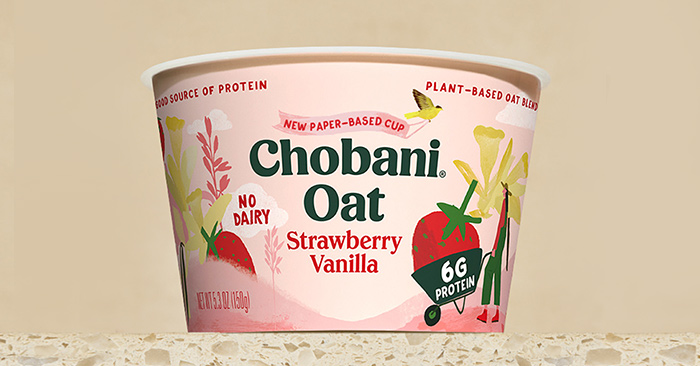
Chobani Debuts Paper Yogurt Packaging
In an effort to reduce plastic use, Chobani yesterday unveiled new paper cup packaging for its oat yogurt products. The packaging, which the company said had been in development for two years, joins the company’s oatmilk, cold brew coffee and coffee creamers as products utilizing paper packaging.
The cups, made from recyclable materials, consist of 80% paperboard, featuring a thin plastic lining to ensure product quality, the company said. The paper cup packaging will hit stores by the end of the year, beginning with its single-serve Oat Blend cups, with additional sustainable packaging initiatives forthcoming.
“We all have a role to play in protecting our planet,” Chobani founder and CEO Hamdi Ulukaya said in a press release. “People have been asking for a paper cup, and we welcome this challenge to start reducing our plastic use, and to spark a conversation about how we can drive change together.”
As part of its push for more sustainable packaging in the industry, Chobani said it will continue to work to improve and expand the country’s recycling infrastructure through work with partners such as the Sustainable Packaging Coalition.
“We’re excited to push boundaries and explore new ways of doing things,” Chobani president and COO said in a post on LinkedIn. “We’ll continue to be conscious and curious, and explore more sustainable packaging across our portfolio that will use less plastic and more paper.”
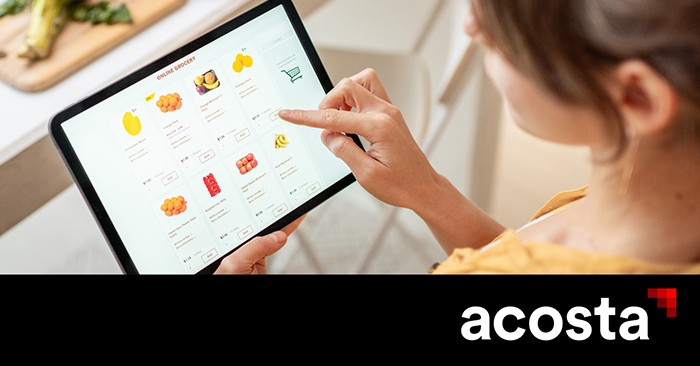
Acosta Looks at Post-Pandemic Shopping Habits
The COVID-19 pandemic altered many consumers’ shopping habits and, as we enter a new phase of the pandemic, CPG sales and marketing services provider Acosta is taking a look at which of these behaviors may have staying power. In its report released this week entitled “COVID-19 Shopper Insights: Which Habits Are Sticking?,” the company analyzed the top post-pandemic priorities for grocery shoppers.
“COVID-19 has significantly impacted consumer behavior and accelerated trends we were seeing prior to March 2020,” said Colin Stewart, EVP of Business Intelligence at Acosta, in a press release. “While many believe we’re headed towards normalcy, it is highly likely that certain pandemic-related shopping habits, particularly consumers’ reliance on eCommerce, are here to stay.”
During the pandemic, 45% of consumers increased their online grocery shopping, the report found, with 40% turning to online pickup and 46% opting for online delivery more than before the pandemic. In turn, 30% of these online consumers are making fewer trips to the grocery store.
Changes in shopping habits also differ by generation, according to Acosta. While all demographics of consumers most often turn to home delivery, online subscription is also utilized by 40% of Gen Z and Millenials. Most shoppers place online grocery orders on computers or tablets, though Gen Z and Millennial shoppers are the most likely to use their phones for these purchases, the report found.
The shopping surges of spring 2020 have subsided, but consumers are still spotting out-of-stock items, with 52% saying they sometimes encounter out-of-stocks in stores. Going forward, product availability, as well as low prices, will be the most significant factors on consumers’ minds when shopping post-pandemic, Acosta found.
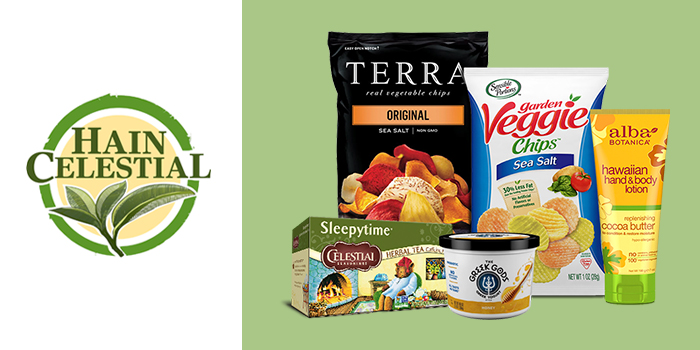
Hain Celestial Reports Q4 and Fiscal Year Results
The Hain Celestial Group this week reported financial results for the fourth quarter and fiscal year ending June 30, with net sales decreasing 12% for the quarter and 4% for the full year.
The company had a “challenging quarter” in North America due to inflation and labor shortages, president and CEO Mark L. Schiller said. Net sales were down 15% to $253.3 million in the quarter, while its fiscal year net sales dipped 6% year-over-year to $1.1 million. Hain Celestial attributed the decline to lapping the pantry stocking period at the onset of COVID-19.
Still, Schiller said the company “remain[s] very bullish” on its future, executing price increases across the majority of its products that have resulted in minimal volume impact, he said. In addition, the company’s “Get Bigger Brands,” which include snack brand Sensible Portions and tea brand Celestial Seasonings, notched significant growth in the quarter in terms of household penetration, velocity and distribution gains.
“Despite the challenging macro environment, the North America business has significant underlying momentum and health as we exited the year,” Schiller said.
